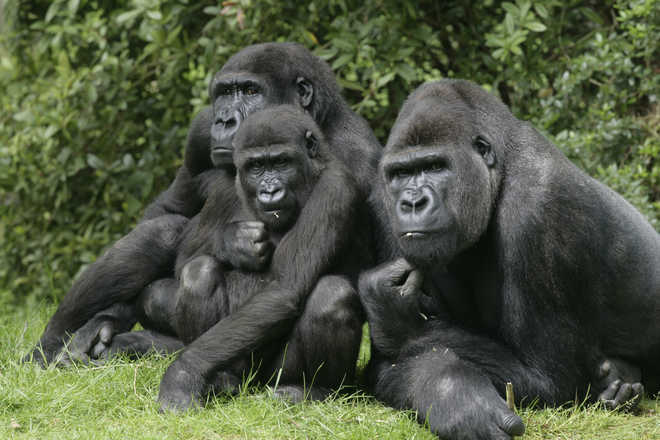Washington
The trait of sending mating signals, that are essential for partners to communicate and produce offsprings, is not always being passed on to the new generation of animals and can actually adaptively disappear, a new study has found.
This means that organisms that rely on signalling to do any mating may be in danger of extinction, researchers said.
Animal sex signals, communications between partners indicating health, the capacity to produce healthy offspring and more, were thought to be beneficial and passed down from generation to generation.
However, these signals can actually adaptively disappear in descendants, according to the researchers.
"This means that certain organisms, particularly those that rely on signalling to do any mating or to tell their species apart from others, may be in more danger of extinction or hybridising with another species if they lose signals, particularly because signal loss can happen so fast," said co-lead author Emily Weigel, from Michigan State University's BEACON Centre for the Study of Evolution in Action.
The advantages of signalling to one another should mean that generation after generation the animals retain and keep signalling. That may not be the case, though, she added.
“In nature, it looks like signalling can still disappear, not just a sometimes but often," Weigel said.
Studying this deficit in nature is difficult because scientists are trapped by the practical problem of having to know an animal population is already losing a signal to study its loss.
They do not get a good idea of what factors, such as population size, how genes are structured in relation to one-another and how strongly organisms respond to signals, start and influence this loss.
"We also don't know how these factors interact, or how they change based on whether animals must signal to mate, or if it's just an optional strategy," Weigel said.
Weigel and her team evolved populations in Avida, a software environment in which self-replicating computer programmes compete and evolve.
Their digital populations varied in different combinations of these characteristics. They found that signalling is indeed quite hard to lose in some scenarios, but not all.
How strongly the receiver prefers the signal is a huge component of whether signals are lost or not. In addition, the factor of optional or required signalling turned out to change the importance of every other factor.
The study was published in the journal Ecology and Evolution. — PTI
Unlock Exclusive Insights with The Tribune Premium
Take your experience further with Premium access.
Thought-provoking Opinions, Expert Analysis, In-depth Insights and other Member Only Benefits
Already a Member? Sign In Now











